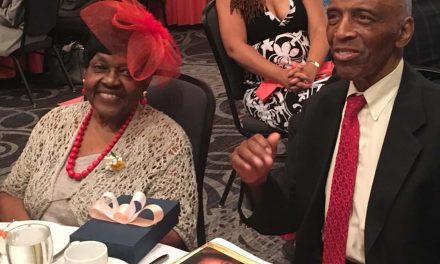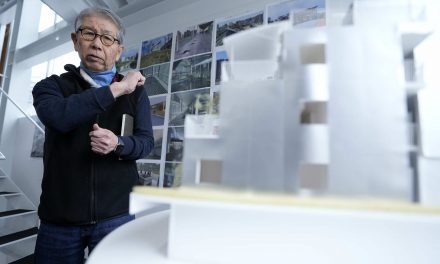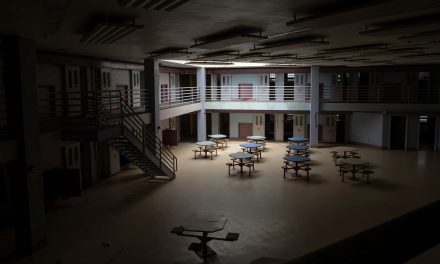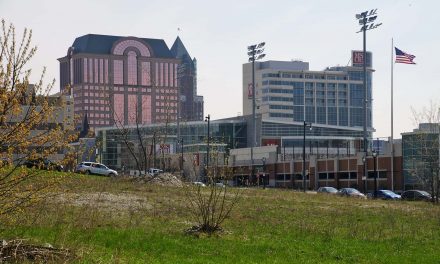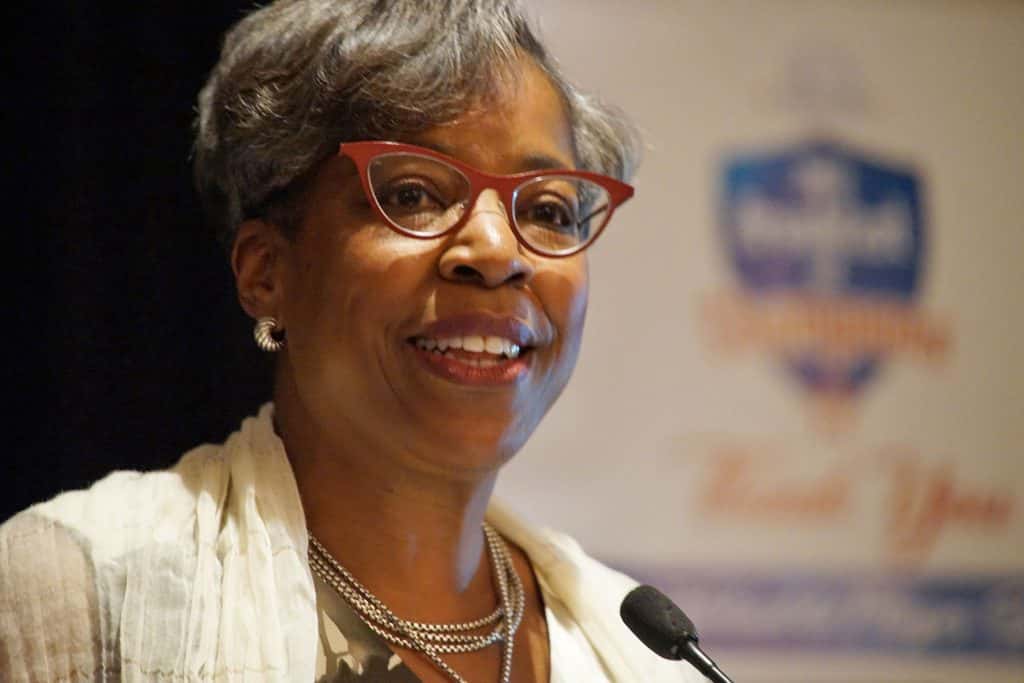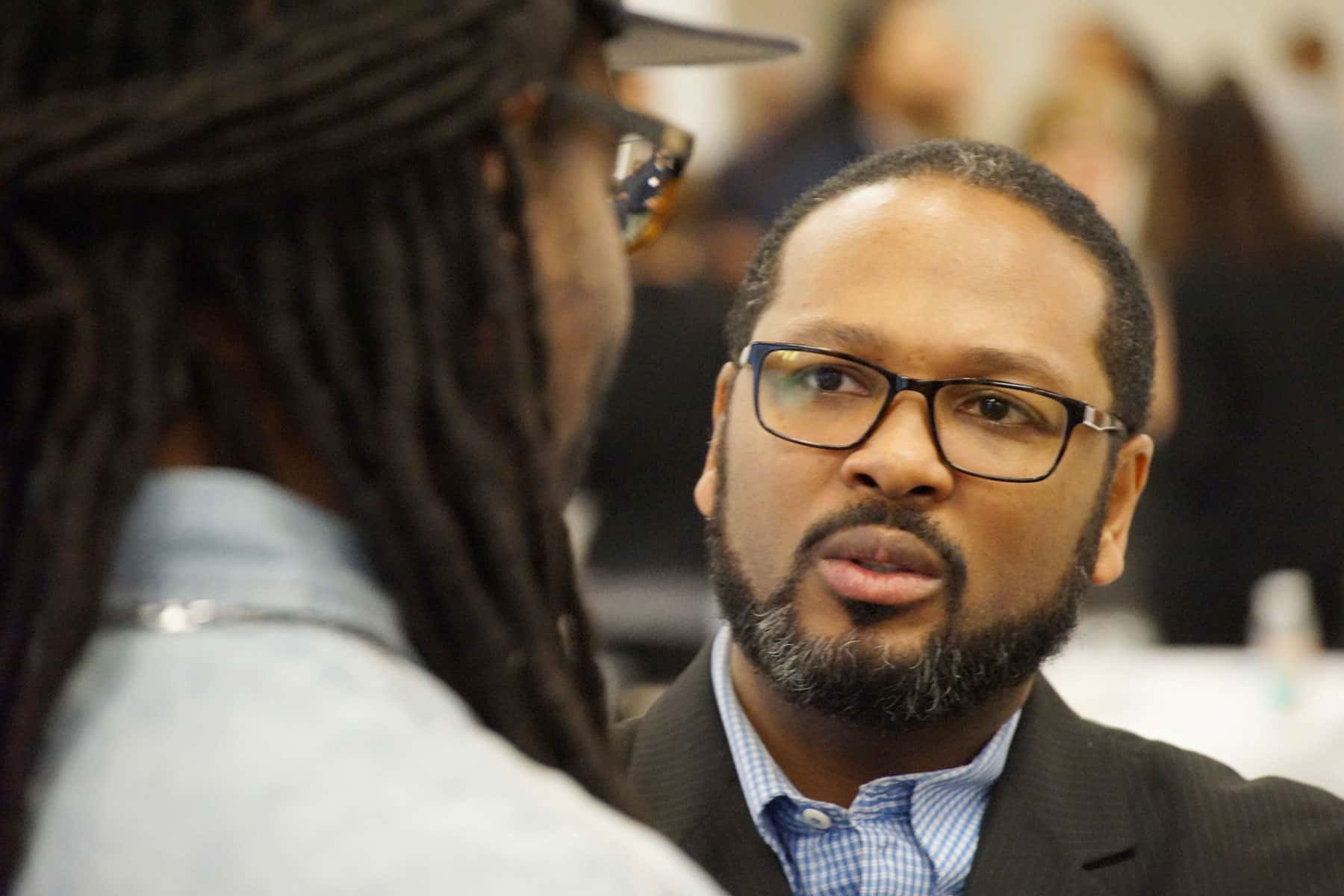
Common Council President Ashanti Hamilton and a team of organizers, working as agents of positive change in key areas of the City of Milwaukee, announced their Promise Zone revitalization plan on January 31.
President Hamilton was joined by several Common Council members to announce the specifics of the new Promise Zone initiative.
“What we want to do is let the community know that these organizations will be reaching out,” Hamilton said. “We will have a couple of organizational meetings in their areas so we can identify those problem areas that we will set some institutional support around.”
As the chief sponsor of legislation and funding that created the Milwaukee Promise, President Hamilton explained that the effort provides “a bright flame that can ignite revitalization of neighborhoods and lives” across Milwaukee, and that the Milwaukee Promise would foster collaboration among agencies of city government and the development of place-based and data-driven approaches to community revitalization.
Alderman Bob Donovan, chair of the Public Safety Committee, expressed that he believed the organizers can help to better alert the police to respond to problem properties and ongoing issues.
“It can only help to increase police presence if officers have trusted eyes and ears on the ground in key areas, and that is what this initiative can bring on a daily basis,” said Alderman Donovan.
Alderman Russell W. Stamper, II, chair of the Community and Economic Development Committee, believed that the key organizers can also help identify job creation and workforce opportunities.
“There is nothing more effective at reducing crime and hopelessness than good job opportunities and new pathways to meaningful careers,” said Alderman Stamper.
“Much effort has gone into this collaborative approach, and I am hopeful and look forward to the positive results that I believe will come from the positive work of all of the stakeholders. I believe this will lead to changes for the better and will improve the quality of life for residents in these challenged areas,” said Alderwoman Milele A. Coggs, chair of the Finance and Personnel Committee.
Alderwoman Chantia Lewis, vice chair of the Finance and Personnel Committee, said she looks forward to the close collaboration with local churches that the initiative can foster, something that can lead to connecting residents with driver’s license recovery, child support mediation and other critical services.
“We are stronger together when we help one another, and this collaboration with churches to help our fellow citizens is natural and enriching, and a key positive aspect of the initiative that I see making positive change across Milwaukee,” Alderwoman Lewis said.
Alderman Khalif J. Rainey, vice chair of the Zoning, Neighborhoods and Development Committee, said that he looked forward to seeing the initiative expand grass root connections in areas that are in need of key resources and programming.
“We must invest in and build up areas like Sherman Park by using approaches and formulas that have brought success in other parts of the city, to me that just makes sense,” Alderman Rainey said.

